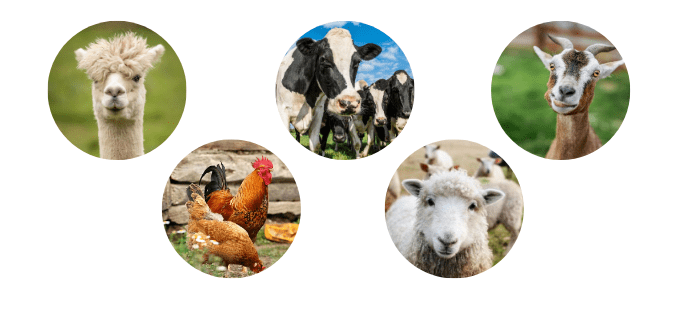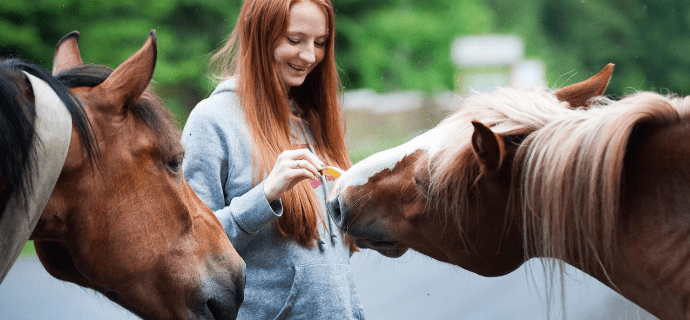More than 50 New Forest ponies killed by poisonous acorns

An unprecedented number of ponies in the New Forest have died this year after eating enormous quantities of poisonous acorns, which were blown to the ground by the recent high winds.
The hot summer resulted in a bumper crop of the acorns, acorns contain toxic tannins that are poisonous to horses, cows and sheep.
Although they can be safely eaten by pigs, in ponies they can cause symptoms including loss of appetite, tremors, lethargy, teeth-grinding and excessive shaking of the head. Eventually, the ponies die an agonising death from internal bleeding caused by kidney or stomach damage.
According to the Daily Echo, a total of 47 ponies and 16 cattle have died after eating the acorns. The worst figure for seven years
In a typical year, an average of six ponies die as a result of eating the acorns, so the death toll this year has been unusually high.
Usually, the New Forest Foxhounds – a 900-year-old hunting group – are responsible for collecting the dead ponies.
Huntsman Michael Woodhouse said: ‘We are taking in more than ever this year.’
New Forest Equestrian Association chairman Tony Hockley has said: “Horses tend to avoid things that are poisonous but with acorns they seem to get a taste for them and hoover them up.”
The Official Verderer, Dominic May, said: “There are still acorns which have not fallen and in some places there’s a carpet of uneaten acorns under oak trees.
Pigs are released into the forest for 60 days each year to eat the fallen acorns. This is known as ‘pannage’, and the pannage season, which should have lasted from 9 September to 7 November, has now been extended until 15 December. Usually around 200 pigs are needed for the job, but this year around twice that number will be required.
The Agisters, who are employed by the Verderers to deal with animal welfare issues in the Forest, will review the situation on December 2.
Filled under: Horses, Land Management, Pigs









